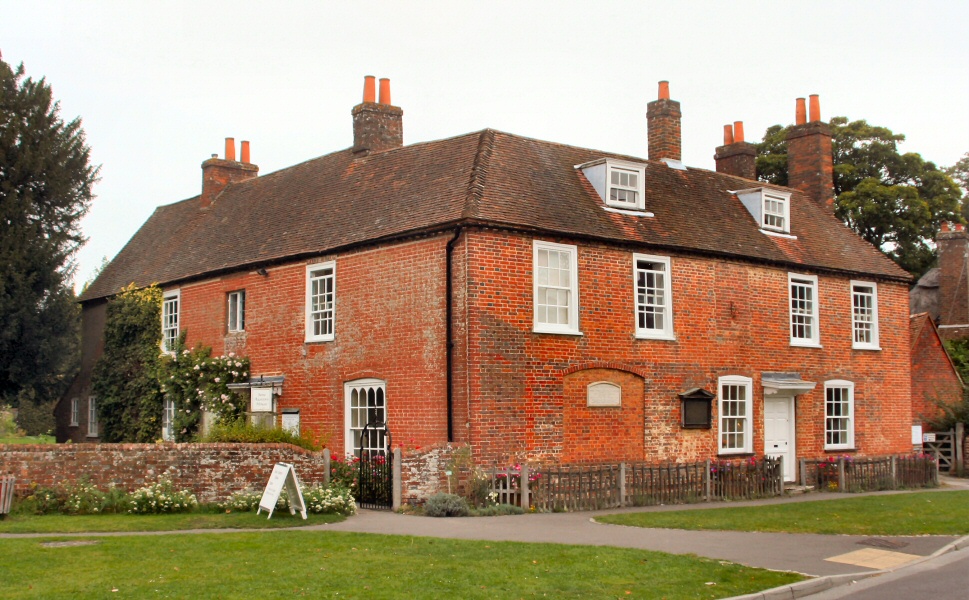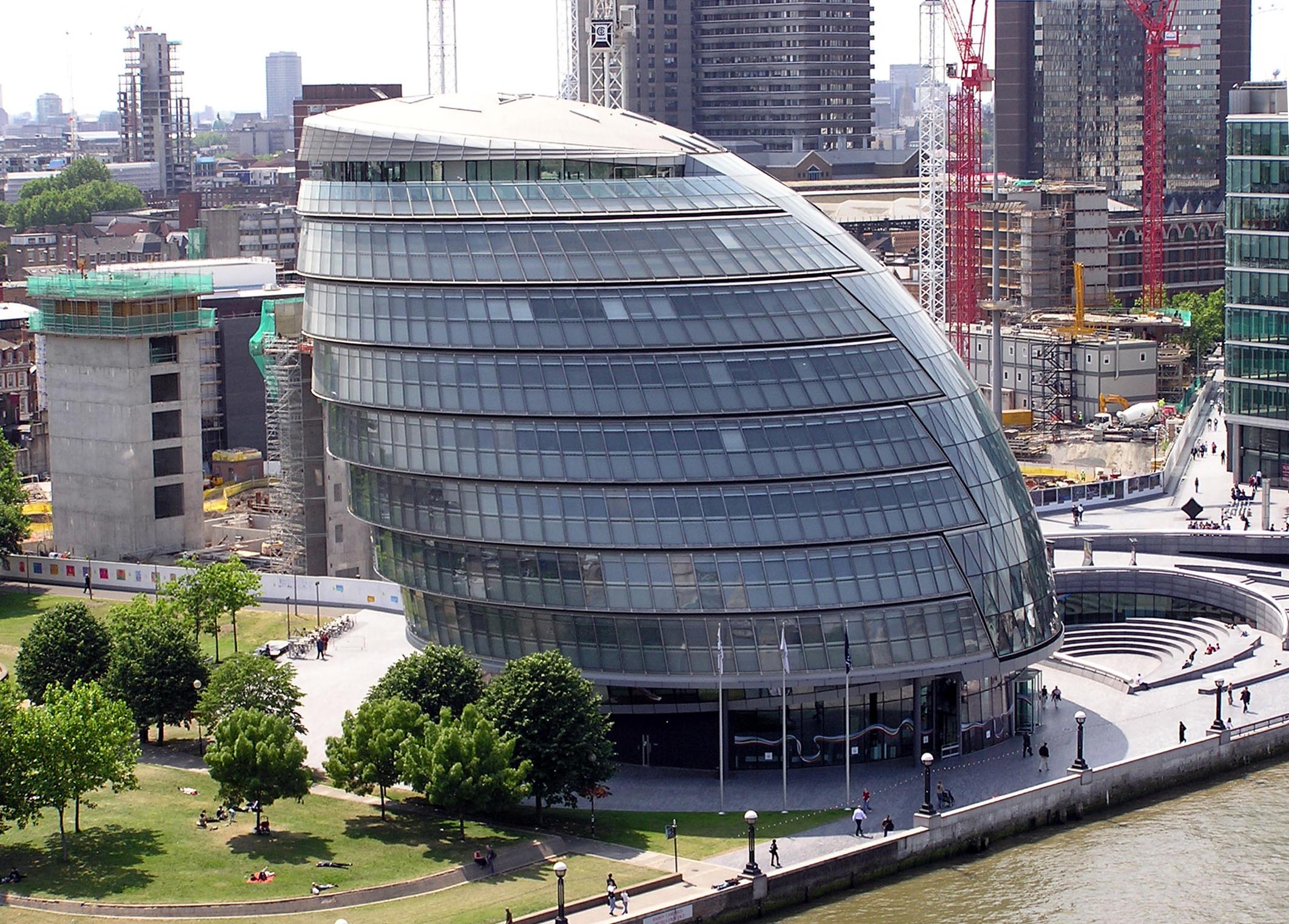I spent an interesting evening last night in the Grand Committee Room in Westminster Hall, listening to a debate on whether technology or policy would determine the outcome of this year’s general election. The debate was organised by Delib and the panel of speakers including Rory Cellan-Jones of the BBC, Bruce Anderson (The Independent), Rishi Saha (Conservatives), Kerry McCarthy MP (Labour) and Julie Meyer.
For me it was Rory Cellan-Jones whose contribution to the debate was the most telling. While pointing out that this year’s election would be the first in which twitter, facebook et al would be a feature, he said that the televised debates between the party leaders was the innovation which would have the greater impact. This point chimed with a later one by Rishi Saha who pointed out that most of the money which the Obama campaign raised through on-line donations was used to fund TV adverts. TV remains the crucial medium for getting your message across as a politician. The political bloggers and tweeters are merely new players in a minority sport, so far at least, virtual settlers in the Westminster village, Rory Cellan-Jones suggested.
Bruce Anderson questioned the significance of election campaigns on the outcome. True, he said, Barak Obama ran an effective campaign but would the Democrats have won anyway? He suggested that 1992 aside, all of the UK election results since 1979 were not determined by the parties’ election campaigns. The Tories big advantage in 2010, he argued, was that there was a pervasive public feeling that it is ‘time for a change’.
Rishi Saha emphasised how the barriers to entry in the political debate have been lowered by new technology. We can all be Nick Robinsons now and for the political parties, social media enables them to mobilise their supporters much more cheaply.
In a contribution from the floor, Lord Harris, suggested that the key issue was how will politicians respond to social media, to the speed of response, which is something new. Citizen journalists have changed the accountability framework – it’s a change in the way the game is played, he said, but not a change in the game.
It was an interesting discussion but less interesting to me than a debate about real policy issues. It is easy to become wide-eyed about new technology and the way it is changing how we lead our lives. But we shouldn’t forget it’s a tool with which to make something. You have to know what it is you’re trying to build and why.











